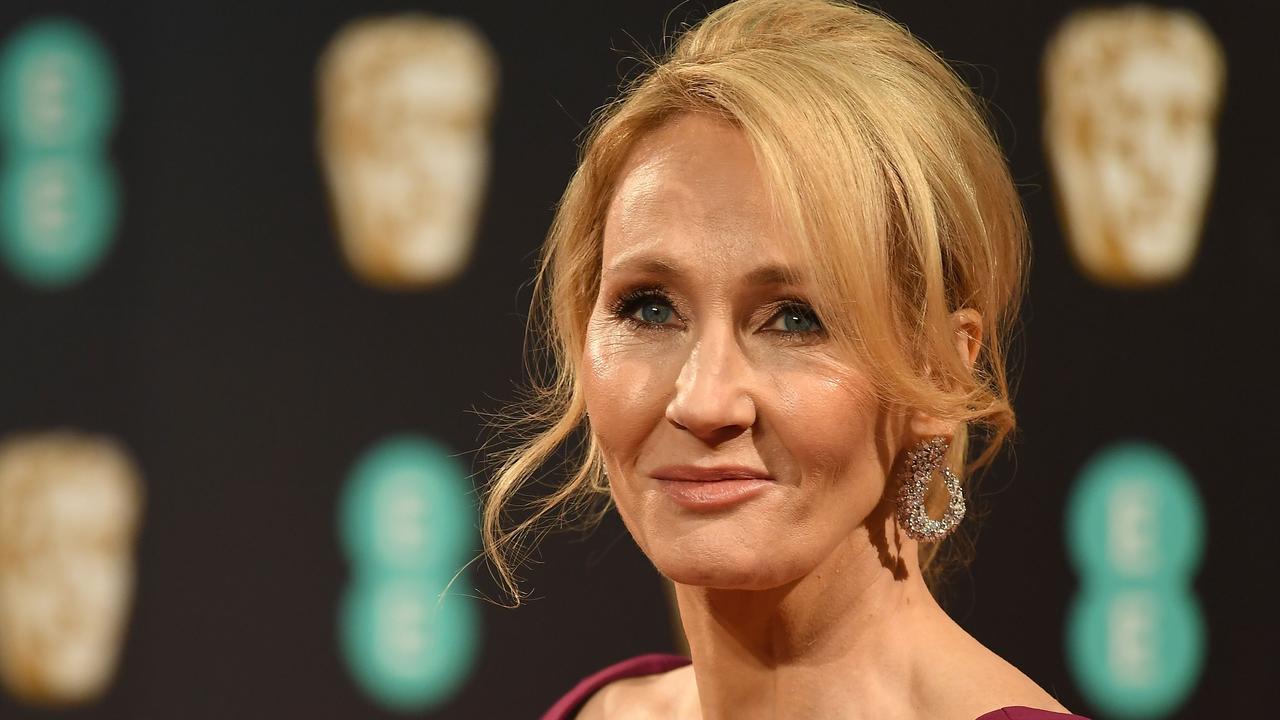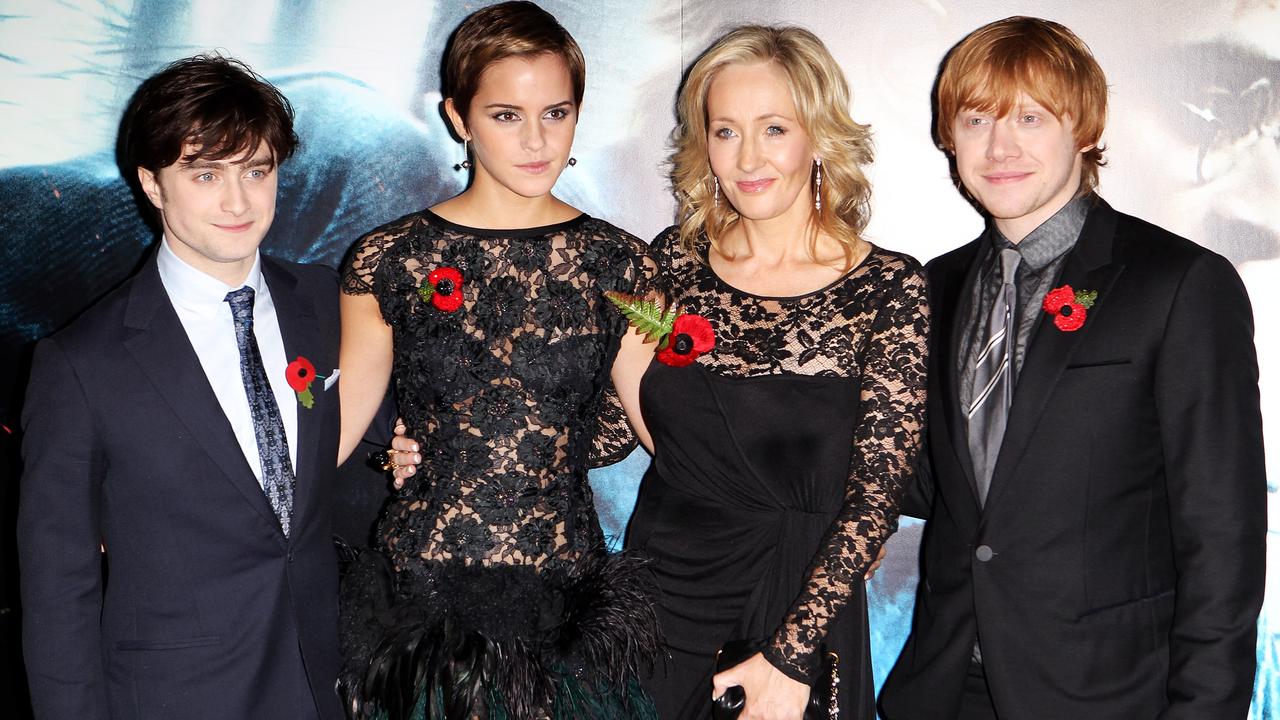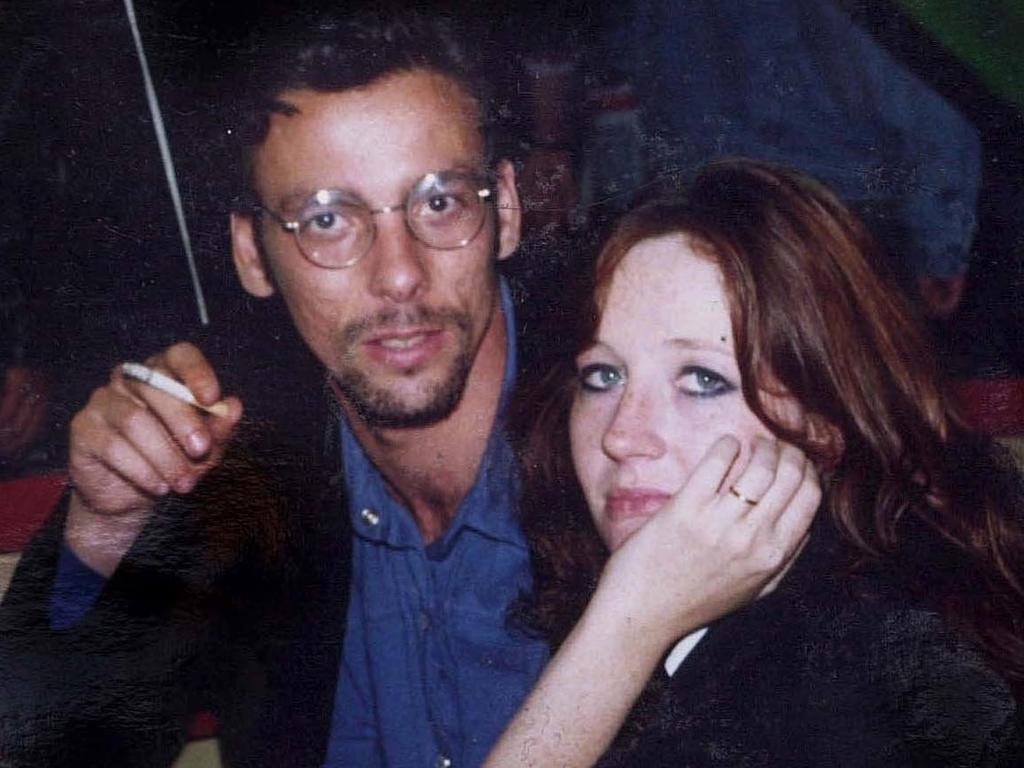JK Rowling our hero of woke-age witch trials

She defends the rights of biological women, which are under two-fold attack. There is the continuing threat from men of sexual harassment and assault, hardly diminishing in the West despite major gains in gender equality in other spheres of life, from employment and social prominence to the achievement of high office. Rowling herself had dreadful personal experience at the hands of a violent, abusive first husband.
Now there is a second and quite different line of assault on her, from militant ideologues campaigning against traditional categories of who is a woman, who is a man, on behalf of a tiny minority for whom gender identity is uncertain. Here is the current cause celebre.

This is not the first time extreme groups have been screaming for her blood. Early in the days of the Harry Potter phenomenon, the fundamentalist Christian Right in America was calling for book bans and burnings, on the grounds that Rowling was promoting witchcraft. Now she is accused of putting trans women’s lives at risk.
That Rowling should take arms against the shrill voices of the moment should be no surprise to those who have read the seven Harry Potter volumes or watched the eight films and thought about their main themes. Her work is her.
The fact Harry Potter has sold about 600 million copies might seem odd, given the untimeliness of this story. The paradox is reflected in the physical setting, which is hardly modish. Indeed, the setting seems deliberately and nostalgically anti-modern, even reactionary – a remote Victorian English boarding school, set in a castle, in which staff and students wearing academic robes feast together in a Great Hall with a High Table, and gather together in studies, common rooms and dormitories.
Virtually all the major Harry Potter themes and implied messages clash with the claimed mainstream beliefs and attachments of the age in which it was created, and to which it speaks. That age, our age, has been confident, even arrogant in its proclamation of the freedom of individuals, the supremacy of their right to live as they wish, taking any pleasure they may, holding to be true whatever they choose, while being largely dismissive of universal laws.
As the Harry Potter story progresses, it narrows steadily, inexorably down towards a climactic focus on one single subject – death. Death shadows the third book and thereafter steadily turns into the all-encompassing preoccupation.

Harry’s godfather, Sirius Black, the person to whom he feels the closest, is murdered at the climax to volume five. Albus Dumbledore, father figure and magus extraordinaire, is murdered at the climax to volume six, which ends with his funeral. Volume seven is one long fight to the death between Harry and the arch villain, with Harry brooding repeatedly and sometimes fearfully about his own death.
Rowling describes her own experience of loss and grief in the 1990s as feeding into the narrative – notably the early death of her mother, a miscarriage, and persecution by a violent husband who locked her out, left her battered and prostrate in the street, and threatened to burn her manuscript.

The atmospherics of Harry Potter become oppressive after the first couple of volumes. Fun, excitement, magic and adventure give way to a grim struggle to prevail, which is relentless and unremitting by volume seven. Here is quite a conundrum, for this is a story primarily for children. And children love it.
Throughout the story, the force of personified death is on everybody’s mind, as is fear of its obliterating power. The evil one, Lord Voldemort, has death scripted into his name. His servants are called Death Eaters. They conjure up the Dark Mark in the sky – an illuminated solid green skull with a long snake slithering out of its mouth. And death, in menacing aggressive form, is represented by Dementors, black wraithlike ghostly creatures who attack humans and try to embrace and kiss them, to suck their souls out of their mouths. Dementors reduce their victims to the living dead. In their vicinity, the air chills and humans shiver with cold.
One sign of the power of Rowling’s imagination is that Dementor has entered broader everyday popular vocabulary. Indeed, her St Joan persona might itself be imagined today, hunting down swarms of screaming Dementors.
Harry Potter is also diametrically at odds with the Rousseau delusion, once again in the ascendancy, that humans in the state of nature, before civilisation corrupted them, were happy and good, untainted by any equivalent of original sin, and that individuals, once freed from constraint, can become perfect. The picture Harry Potter leaves is darkly opposite to the cloud-cuckoo-land dream that life was meant to be easy, a condition of perpetual, untroubled leisure; that humans are all inherently good, and; that insecure identity, neurosis, disappointment, and chronic free-floating anxiety may all be wished away.

One lesson to be drawn from Harry’s quest follows from the primacy of the death question: the human individual is required to live in contact with mortality, wrestling to tame the monster that sleeps in its cave, striving to find some harmonious and even intimate relationship to it. Harry is the master of just such a life. Indeed, Harry’s achievement may be read as having taken on death in one of its most punitive and menacing forms, and triumphing.
Harry Potter speaks truth to times that are deceived about their own condition and ill at ease in themselves. Radically unmodish, its phenomenal popularity, unmatched in living memory, suggests that the subtext exposes the falsity of the lived surface, a subtext seized upon with deep existential need, even fateful craving, and embraced. First and foremost, by children.
JK Rowling counters the presiding culture of an era in which the discontented conjure up enemies whom they believe have stolen their happiness. Those discontented have included lead actors from the Harry Potter films, ones who have denounced the author, they the ungrateful 30-year-olds whose careers, fame and wealth are all entirely due to her. That they came out publicly indicates how mainstream are the witch trials targeting her today, ones she is cheerfully combating.
John Carroll is professor emeritus of sociology at La Trobe University.






JK Rowling has emerged as the Joan of Arc of our times, a solitary secular saint, armour-clad, charging into battle against the fashionable articles of faith of the moment. Her armour is her world-acclaimed reputation, her wealth and her fiercely courageous character. Her weapons are pen and podcast. Currently, she is speaking on a series of podcasts titled The Witch Trials of JK Rowling.